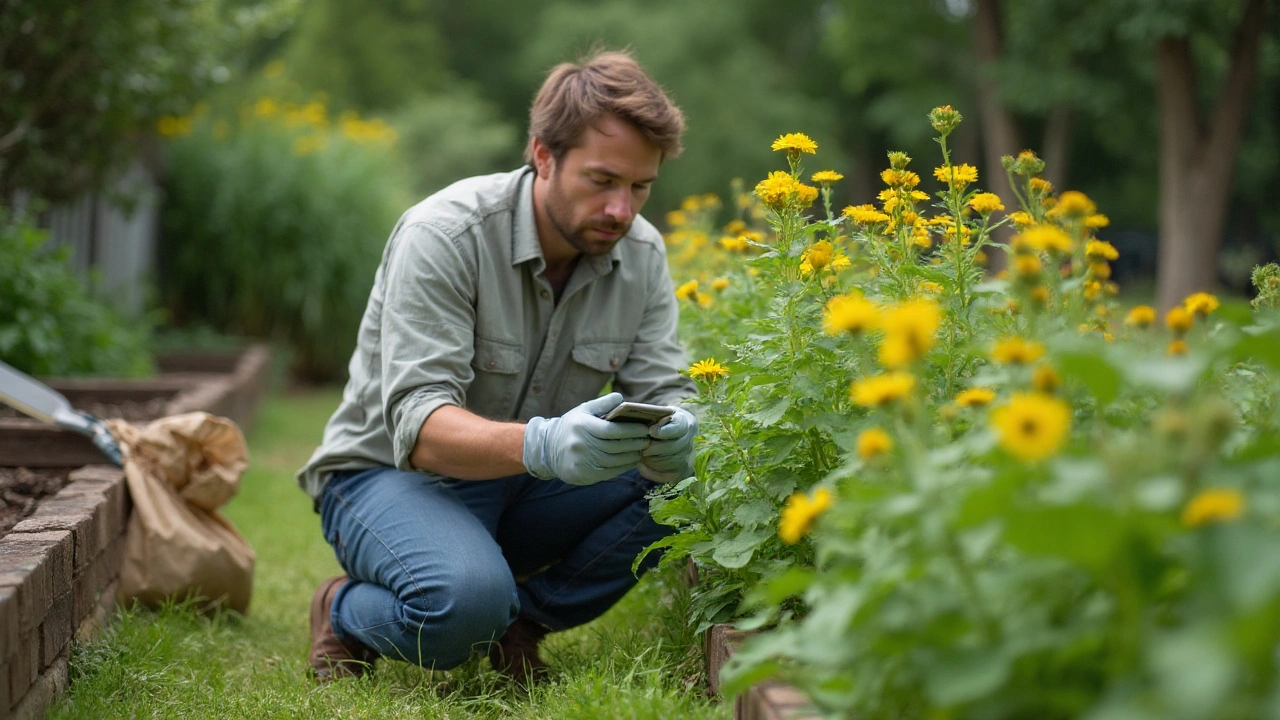Liver Toxicity: What You Need to Know
If you’ve ever heard the term “liver toxicity,” you probably wonder if a pill or supplement could hurt your liver. The short answer is yes – many drugs, herbal products, and even some over‑the‑counter meds can damage liver cells when used incorrectly or in high doses. Understanding the risk helps you avoid pain later on.
First, remember that the liver is a busy filter. It breaks down chemicals so they don’t stay in your blood. When a substance overwhelms this process, liver cells can get inflamed or die – that’s liver toxicity. The damage can be mild and reversible, or it can progress to serious illness if you ignore warning signs.
Common Causes of Liver Toxicity
Prescription meds top the list. Antibiotics like isoniazid (used for TB) and anti‑seizure drugs such as valproate are known culprits. Even common pain relievers – especially high‑dose acetaminophen – can cause trouble when taken daily or mixed with alcohol.
Herbal supplements aren’t harmless either. Green tea extracts, kava, and certain weight‑loss pills have been linked to liver injury in real cases. The problem is many people assume “natural” means safe, but the liver still has to process those compounds.
Alcohol use adds another layer of risk. Drinking heavily while on a medication that stresses the liver can push a borderline situation into full‑blown toxicity. If you’re on any new drug, ask your pharmacist about possible interactions with alcohol.
How to Spot Early Signs
Early symptoms are easy to miss because they feel like everyday fatigue or a mild stomach upset. Look out for yellowing of the skin or eyes (jaundice), dark urine, and unusually pale stools – these hint that bile isn’t flowing properly.
You might also notice persistent nausea, loss of appetite, or an unexplained itch. When these show up after you start a new medication, it’s worth contacting your doctor right away.
Blood tests are the most reliable way to confirm liver stress. Your doctor will check levels of ALT, AST, and bilirubin – elevated numbers mean the liver is fighting something.
If any of these signs appear, stop the suspected drug (if safe) and get medical advice fast. Stopping early often prevents permanent damage.
Practical Tips to Keep Your Liver Safe
1. Follow dosing instructions exactly. Don’t double up because you missed a dose – just take the next one as scheduled. 2. Limit alcohol while on medication. Even occasional drinks can raise toxicity risk for some drugs. 3. Read supplement labels carefully. Look for third‑party testing and avoid products that claim miraculous results. 4. Ask about liver monitoring. For high‑risk meds, your doctor may schedule regular blood work to catch issues early. 5. Stay hydrated and eat balanced meals. Good nutrition supports the liver’s detox work.
Remember, you’re in control of what goes into your body. A quick check with a pharmacist or doctor can save weeks or months of recovery later on.
Bottom line: liver toxicity isn’t inevitable, but it’s a real risk when you mix drugs, alcohol, and supplements without caution. Keep an eye on symptoms, stick to prescribed doses, and don’t hesitate to ask for blood‑test monitoring if you’re on a known risky medication. Your liver will thank you with better energy, clearer skin, and fewer doctor visits.
